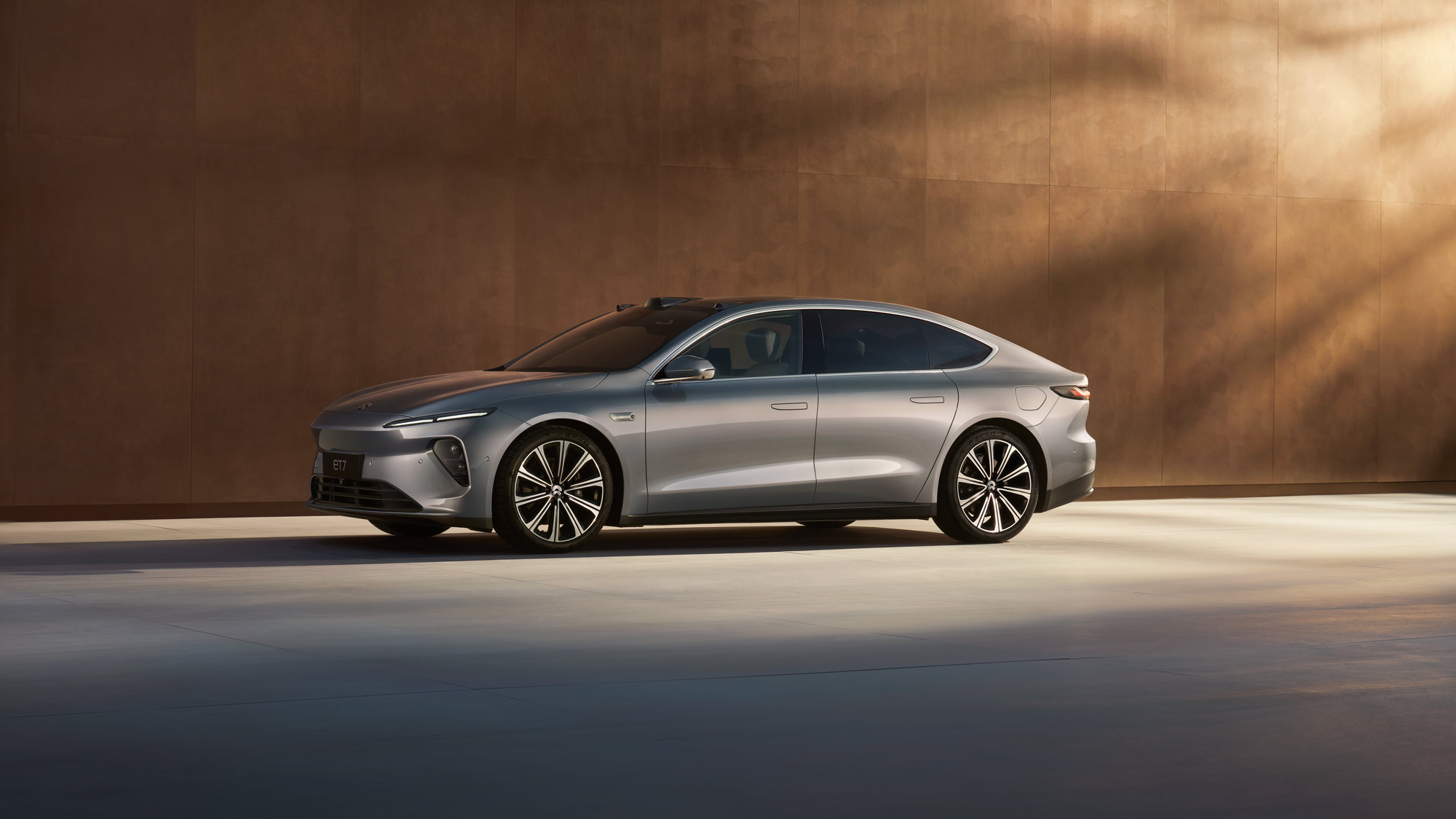SEOUL — Hyundai Motor said on Thursday that operating profit nearly doubled in the first quarter from the same period a year earlier thanks to strong vehicle demand, but it cautioned that the global chip shortage is casting significant uncertainty over the current April-to-June period.
South Korea’s largest automaker, which ranks No. 5 globally, said operating profit hit 1.7 trillion won ($1.5 billion) in the January-March period, up 91.8% from the same period last year.
Sales rose 8.2% to 27.4 trillion won, while net profit soared 175.4% to 1.5 trillion won as the value of its equity stakes in affiliates rose. Operating profit grew 32.1%, and net profit climbed 28.6% from the preceding October-to-December quarter, even as sales sank 6.3%.
The stellar results come as Hyundai struggles to maintain production due to the global semiconductor shortage, which has disrupted a wide range of industries. The components, crucial to everything from smartphones and video game consoles to home appliances, have become scarce due to exploding demand amid the pandemic.
Hyundai temporarily stopped production of its Sonata and Grandeur sedans at one of its domestic factories on Monday and Tuesday over a lack of chips, which resulted in lost production of 2,050 vehicles. It was the second time in a week and the third time in a month for Hyundai to halt lines at the plant, one of three it operates in South Korea.
Hyundai sees potentially bigger output problems in May but said it is too early to cut its annual production forecast.
“It is hard to count on [chip supply] beyond May,” Seo Kang-hyun, Hyundai’s chief financial officer, said on a conference call to discuss the earnings. “We expect the situation in May will be similar or worse than April. We will update investors later if there are any announcements on this.”
Hyundai President Kong Young-woon acknowledged earlier this month that the automaker is having problems sourcing chips for vehicles. He made the admission during a meeting with President Moon Jae-in and other top South Korean business executives. Kong said the company is tapping overseas suppliers to cover the shortage.
The company is not alone in being hit by the shortage. Global peers including General Motors, Volkswagen, Ford, Fiat Chrysler, Toyota and Nissan say they have been forced to delay production of some models to keep other factories running.
Hyundai attributed the better-than-expected first quarter results to increased vehicle sales as well as improvements in its vehicle mix. The company said its operating profit margin rose to 6% in the first quarter from 3.4% a year ago, partly thanks to increasing sales in its premium Genesis lineup.
Analysts say that such an overall trend will continue this year, particularly in the U.S. market.
“We forecast [Hyundai’s] U.S. margin to improve further in 2021 with record-high net profit, led by Genesis brand sales nearly tripling and localized production of [the] Tucson SUV,” Angela Hong, an analyst at Nomura, said in a note.
“Particularly, now that Genesis has a full model lineup with [the] G70, G80, G90, GV80 and a compact crossover GV70 on the way, we think the brand is attracting customers to showrooms,” Hong said.
Hyundai also announced its mid- and long-term electric vehicle strategy. The company said it aims to increase sales of electric cars to 160,000 vehicles in eight models this year, up from 100,000 in four models last year. The company also said it seeks to expand the total to 560,000 vehicles with more than 12 models in 2025.





